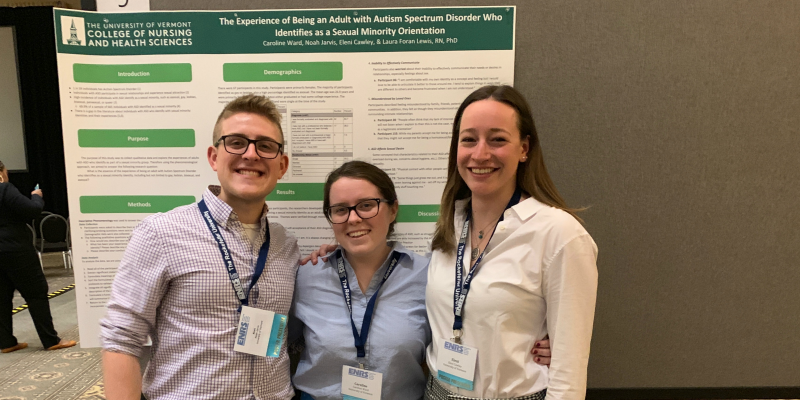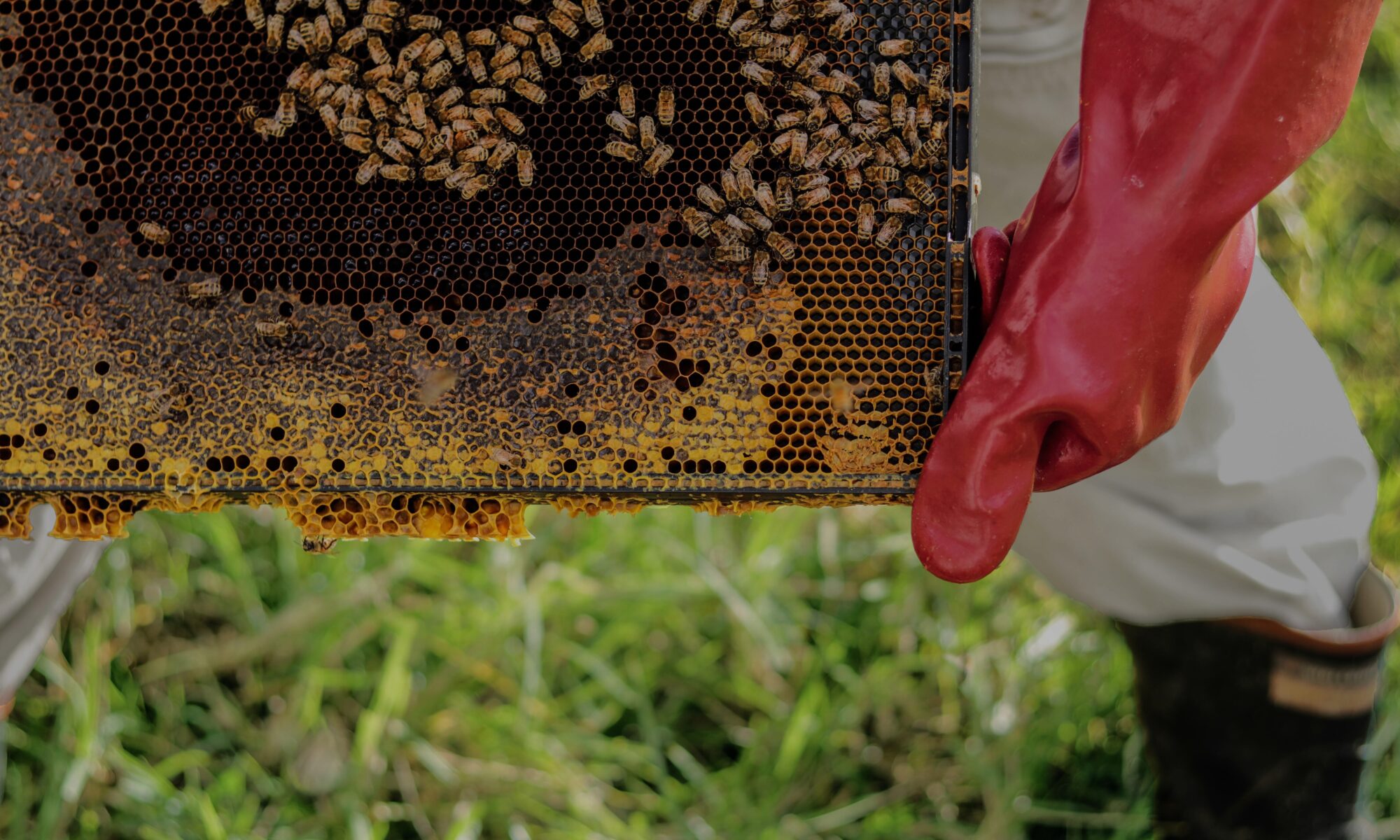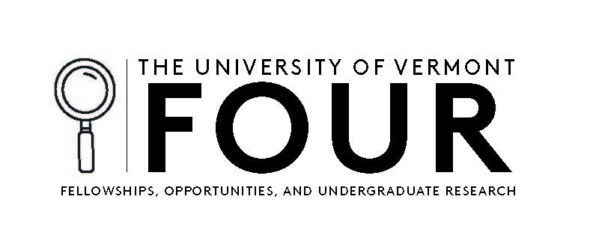By Janet Lynn Essman Franz

- Adults with Autism Spectrum Disorder (ASD) who identify as sexual minority orientations are more likely than others to feel ostracized, struggle to form relationships and think about suicide, but screenings and education may reduce those negative feelings.
- Exposing young people to careers in science, technology, engineering and math (STEM) earlier in their academic journeys helps create a “pipeline” for students to health care careers and break down barriers contributing to lack of cultural diversity in health care.
- Participating in a single yoga class significantly improves a person’s mood and reduces anxiety, thus providing a healthy option for university students’ psychological health.
These are just a few of the research findings of undergraduate students pursuing health care degrees at the University of Vermont. The researchers will join colleagues from across the campus in presenting their findings at the UVM Student Research Conference on April 17 from 9:00 a.m.-5:00 p.m. in the Davis Center. This annual event showcases the wealth of innovation and creativity among students and their faculty mentors. Students may present orally, in poster sessions or in a creative demonstration.
Tackling Pressing Issues
Caroline Ward, Nursing ’19, Noah Jarvis, Nursing ’19, and Eleni Cawley, Nursing ’19, worked together on a study of adults with ASD and sexual orientation. Nursing Professor Laura Foran Lewis served as faculty mentor. Their research abstract noted that previous studies show as many as 70% of people with ASD identify as sexual minorities, such as gay, lesbian and asexual. The students interviewed 67 participants about identity, relationships and feelings and identified a correlation between ASD, sexual minority orientation and feelings of social isolation. They concluded that future studies should explore interventions to expedite the self-acceptance process, such as counseling, to prevent suicide.
“A majority of participants felt that their autism and their sexual minority identity did affect each other, while also affecting their ability to find and communicate in a fulfilling relationship. Due to their sexuality or ASD diagnosis, participants also reported feeling misunderstood or isolated by the communities around them,” Ward said.
Caroline Louttit, Health Sciences ’19, Makayla Young, Health Sciences ’19, and Patrick Shepard, Health Sciences ’19, investigated an after-school program designed to spark an interest in STEM and health care at an early age by exposing middle school students to different areas of health care. Biomedical and Health Sciences Professor Deb Hinchey served as faculty mentor. The students focused on a school with a large population of new Americans representing 25 nationalities and 19 languages. They reviewed related literature, built a community asset map, conducted stakeholder interviews and looked at current practices. They intend to make recommendations for combatting the barriers in educational settings, with a goal of culturally diversifying the health care work force.
“Research shows a greater need to expose students to STEM education earlier. We saw that there are serious discrepancies in interventions, often due to financial barriers in low-income areas, that are traditionally more diverse areas. Additionally, we saw that there is an issue of historical and traditional norms that contribute to the non-diverse health care workforce,” Shepard wrote in an email.
After graduation, Shepard will pursue a Doctor of Nursing Practice degree at UVM. “I wasn’t fully aware of the issue we researched and now I look forward to implementing these aspects into my future as a clinical practitioner.”
Inquiry and Collaboration
The experience of conducting an independent study and presenting findings helps students develop knowledge and skills they will need post-graduation and sparked students’ interest in the art of inquiry.
“This experience of conducting my own research has set me up well so that I would be able to tackle a research assistant position,” said Kristen Mackie, Exercise Science ’19, who conducted the study on yoga and anxiety with faculty mentor Karen Westervelt, professor of Rehabilitation and Movement Science. “I did thorough background research, developed my own ideas, applied them to the realities of what was feasible, submitted to the Institutional Review Board, collected data, analyzed data and drew conclusions. I am currently in the process of submitting my research for publication.”
Said Ward, “Our experience has broadened our understanding of nursing research and really demonstrated its utility and importance in nursing. We realized that research is an undervalued part of the nursing field and we hope to promote it in a more positive light. We have also become more interested in public health, specifically regarding health services that support minority groups.”
“Working with English Language Learners has been a huge learning experience for me,” said Louttit. “I definitely have more of an interest healthcare equity.”
Jitters and Pride
The research conference provides a venue for students to share findings, network with other researchers and see how various scientists publicize their discoveries. It’s also a safe space to practice public speaking.
“I feel a little nervous — so I should probably practice yoga right before,” said Mackie. “I’m also very excited about the opportunity to share my research at the Student Research Conference. I want others to recognize the results of my study and the impact that they could have on many university students. I hope that students come by and are able to learn from my research and then apply it to their own lives. Maybe they will try taking a yoga class the morning before an exam.”
Said Young, “I have never done anything like this before. However, I am excited because we have worked hard, and I’m proud of the work we have done.”
The schedule for presentations and research abstracts can be found on the UVM Office of Fellowships, Opportunities & Undergraduate Research website.

